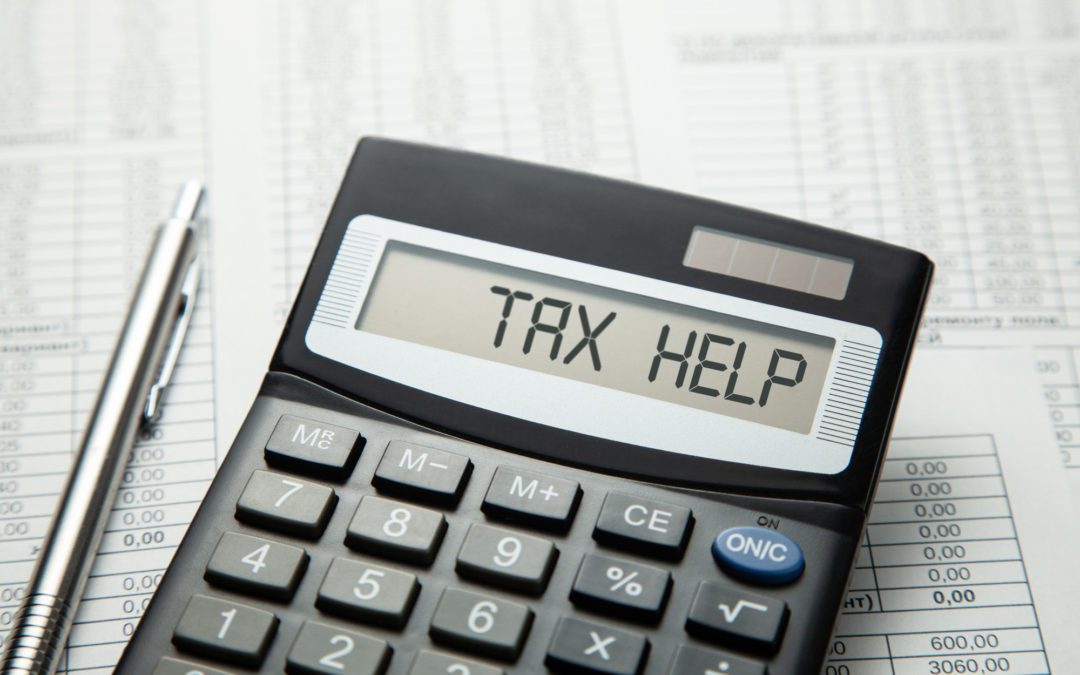The Internal Revenue Service (IRS) has instituted relief measures during the COVID-19 pandemic. This included a pause on filing federal tax lien notices for three and a half months. During the past year, they’ve begun resuming these activities.
Are you behind on paying your taxes? Have you received notices from the IRS about actions being taken?
It’s key to understand the difference between a tax lien vs. a tax deed. This gives you the information to know what kind of help you need. Keep reading to find answers in this tax lien and tax deed guide.
What Is a Tax Lien?
The IRS may file a tax lien against you for unpaid back taxes. This legal claim to your assets strives to guarantee payment of your debt.
You’re responsible for the tax bill plus interest, penalties, and other costs. If you can’t pay this total, the government can legally put a claim on your property.
Yet, the IRS can’t automatically take your property. Having a lien means that tax authorities are first in line in front of other creditors. This property can’t be refinanced or sold until the debt is paid and the lien lifted.
If you don’t pay the debt, the tax lien certificate can be sold at auction to the highest bidder. The property owner now must pay the lienholder. This includes the lien value plus interest.
The IRS Fresh Start Program assists taxpayers and small businesses. Their goal is to help you develop a payment plan to resolve debts and avoid tax liens. Click on this tax lien guide to find out if you meet the requirements.
What Is a Tax Deed?
A tax deed is a legal document that gives a government body ownership of a property. The government takes this action when the owners haven’t paid their property taxes. This transfer of ownership allows the agency to sell the deed to collect the unpaid taxes.
Tax deed sales usually take place at auctions. Once sold, the new owner can take possession of the property.
Remember that the intent of this process is to recoup the amount of taxes you owe. This means that the highest bidder can buy the deed without regard to the market value.
For example, you may have a home that could sell for $350,000. But if you owe $10,000 in taxes, that is the amount that the county wants to make. Thus, the buyer can get a great deal and the agency gets their money.
Understanding the Difference Between a Tax Lien vs. a Tax Deed
For many people, it’s hard to see how tax liens and tax deeds are different. A court issues a tax lien allowing the government agency to secure an interest in the property. The tax lien certificate is only for the amount you owe.
With tax liens, there’s no change of ownership. When the court issues a tax deed or it’s sold at auction, you no longer own the property.
Do You Need Help With Tax Debt?
The article provided an explanation of what it means to have a tax lien vs. a tax deed. At Clean Slate Tax, you can trust us to help you reach an agreement with the IRS. Our experts will explore the different options that you qualify for.
We only employ licensed tax professionals, and you won’t pay big fees upfront. You’ll also receive a 100 percent money-back guarantee. Get in touch now for a free case review and tax relief quote.


